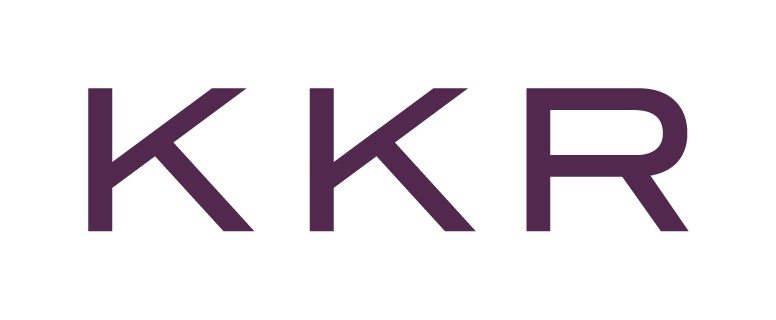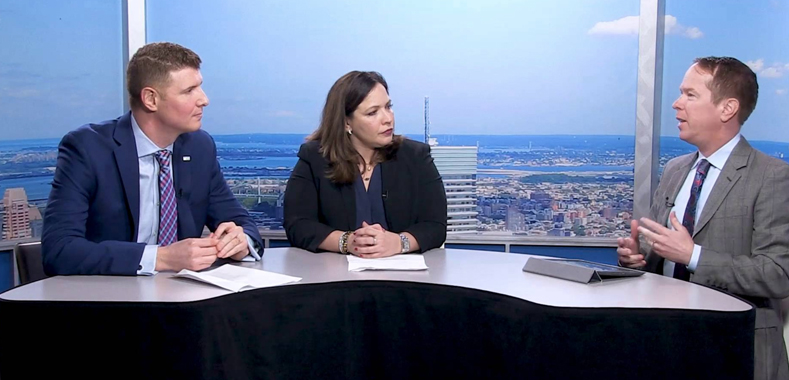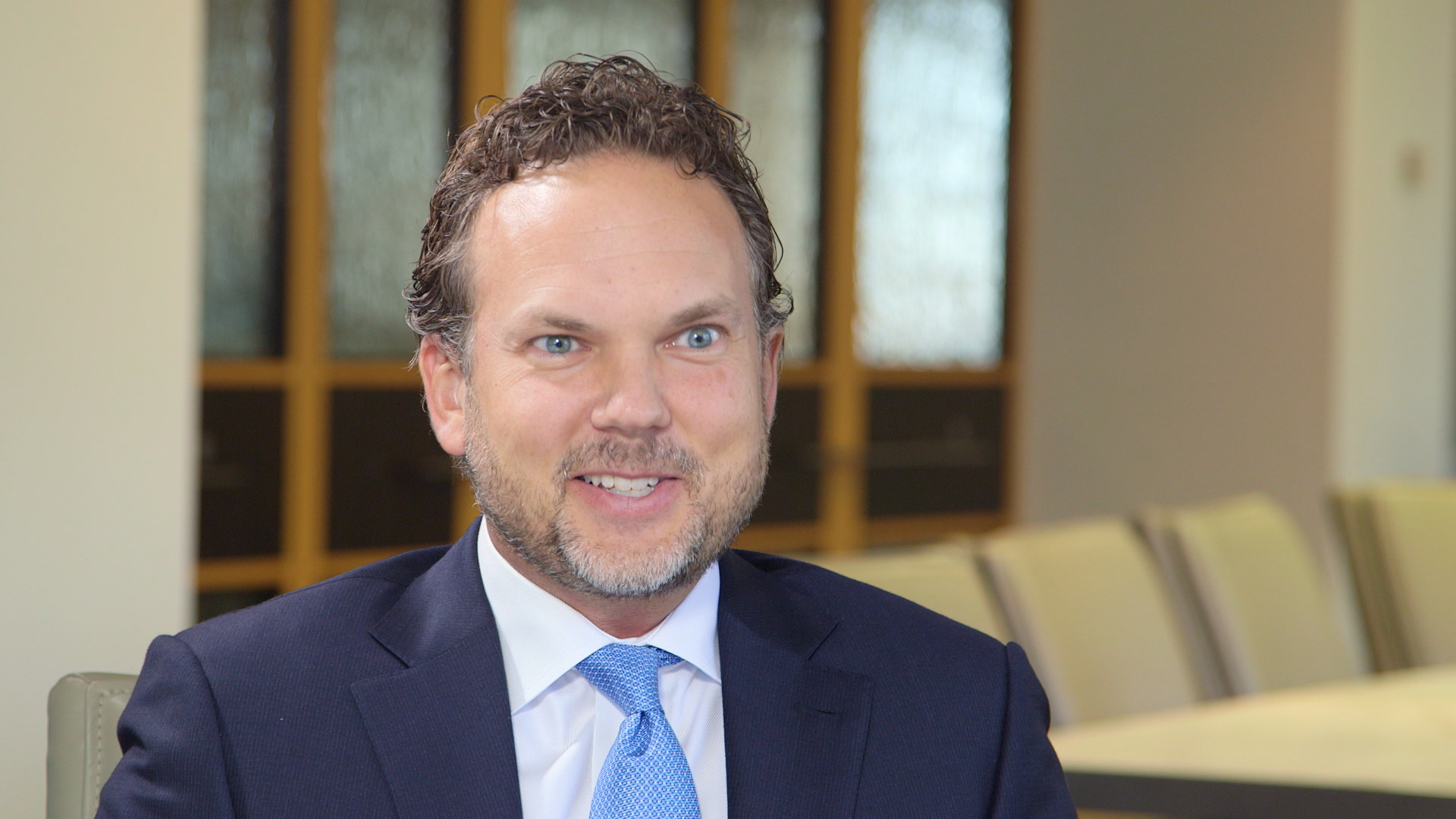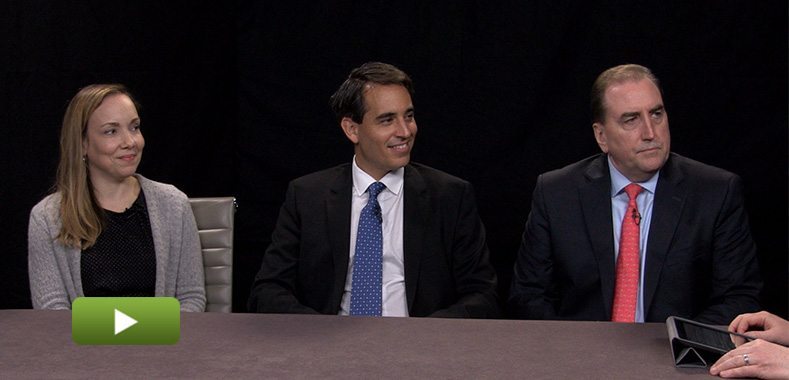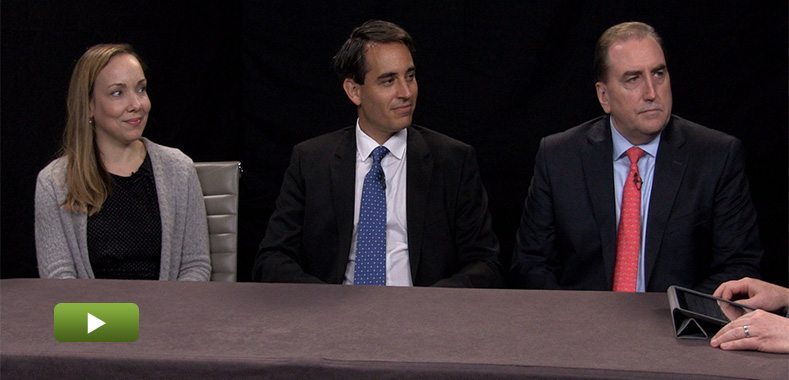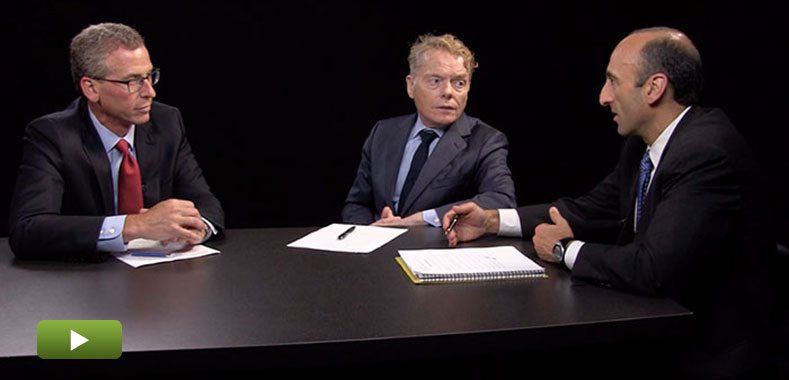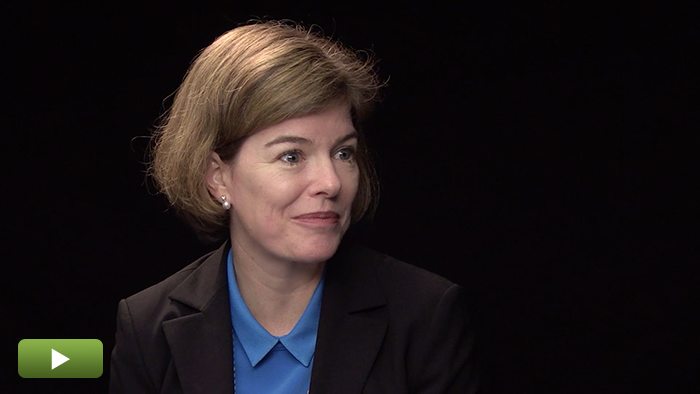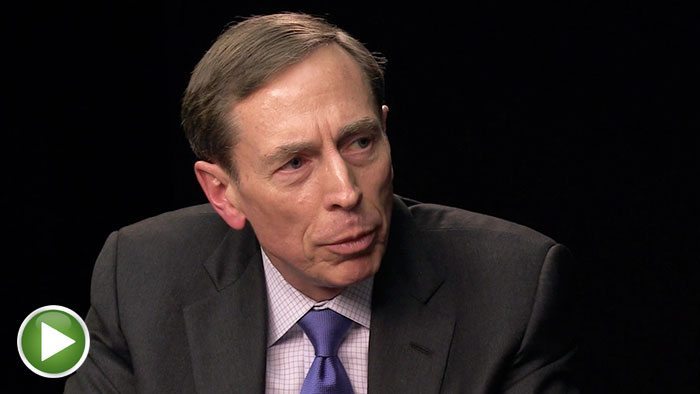KKR’s ESG Platform
Alisa Wood, who leads investor relations and product specialist functions for KKR, describes the rationale behind the firm’s creation of an ESG platform, designed to confirm to responsible investment principles as well as serve as a value-creation mechanism for portfolio companies.
Transcript Download Transcript
KKR’s ESG Platform
With Alisa Wood of KKR
David Snow, Privcap:
Alisa, talk about what KKR has done to date with regard to ESG and how you’ve sought to implement it into your business.
Alisa Wood, KKR:
A number of years ago, as we always do, we were trying to figure out ways that we can add value and drive returns in our portfolio companies. This was one that really seemed like a no-brainer because there was a way that you can do well by doing good. What we really tried to do, across all of our industry groups around the world, is make ESG part of the framework just like we would operational value creation in any of our businesses. So, we built it in part of our operations team and we have that team work with each of our deal teams in every single company we either looked at or actually went on to buy.
How can we add value by doing good things in our businesses Things like the green portfolio—how can we reduce paper usage? How can we reduce water usage (depending on the company)? How can we grow jobs, which is part of that governance framework? It was that, at the end of the day, which really started some of the ESG trends you’re starting to see across the GP community today.
Snow: What is the tone at the top of this firm with regard to ESG?
Wood: I believe everything starts at the top. And this was…no different than anything else in that Henry and George sat there with the partners and said, “This is something that matters to us. It matters to us because we actually want to help do good. But, at the same time, we believe this is going to add value in our returns. This is going to impact our bottom line.”
Snow: You’re in charge of investor relations at KKR. It’s been observed that the European institutional investors took an early interest in ESG, sometimes called “responsible investing,” and that enthusiasm and those demands have slowly made their way over to the U.S. As someone who is deeply involved in IR, what have you observed?
Wood: The European investors were definitely on the cutting edge of this and it was probably even more of the Dutch investors or Scandinavian investors that really led the charge on this. But today, we get asked the question regarding ESG—what we do, how it creates value in our portfolio—in almost every client meeting we’re in. It’s a page we have in every investor presentation, whether it be something we’re marketing or something that’s an update. It’s in every diligence questionnaire we get. A number of the largest institutions in the world actually have their own ESG questionnaires.
Snow: Given that even U.S. LPs are now very interested in ESG, are you getting calls from friendly rival firms—people who do IR—saying, “What is this and what am I supposed to do?”
Wood: Yes, we get a lot of calls on that. At least in our view, it’s not one size fits all. It can’t be. The larger firms can take a different approach from some other firms. A lot of it has to do with resource allocation.
What I think has been unique (and we’ve seen this across the industry) is that the UN PRI principles are a good standard practice that, regardless of your size—small or large—you can use those as a guide or a framework. The next iteration may be the version 2.0 or version 3.0—how do we then drive that value in the portfolio? And that’s where you really need more resources to do that. We get calls all the time and I think a lot of firms around the world are starting to add resources to try to make that something that’s more highlighted in their own portfolios.
Snow: With regard to investor relations, you are having to measure these various forms of impact or progress from an ESG perspective and then report it to your investors. What kind of an effort is that and what exactly are you tracking?
Wood: First and foremost, we produce an annual ESG report…that every single one of our clients receives. We also believe that if you don’t track it, you’re not going to be able to drive it. Metrics are very, very important, whether it be targets we have at our different portfolio companies or even just general things like watching the trend lines and seeing what we can take away from that for next time. In every single company, we track it through our portfolio management committee process. We report to each company and the deal team reports to the portfolio management committee on a monthly and quarterly basis.
Snow: Can you give an example of a type of information that you would track across portfolio companies and maybe a specialized type of information that you would track within a certain specific industry?
Wood: Sure. [I’ll] go with the specialized one first. Depending on the type of business, we may be tracking carbon emissions. Or, if it’s an energy business, we may be tracking water usage. Or, if the business has some type of fracking component, how do you track the waste of the water? Those are very tangible metrics that we are very focused on. More broadly, on the bigger ESG topics, [we track] things around employee growth, labor standards and different practices we have. Those are all different parts that we track depending on how specialized you are or the type of business you have.
I do think private equity has been at the forefront of ESG. When we’re buying, it’s a lot easier to take ESG front and center if you own a business rather than if you’re a minority shareholder in some of these businesses. That’s what we’re also seeing there.

